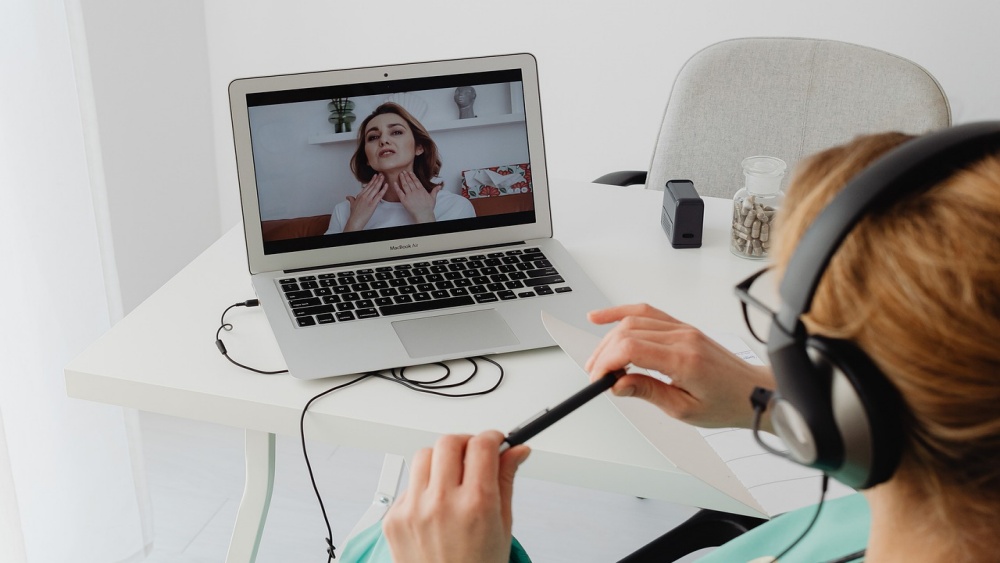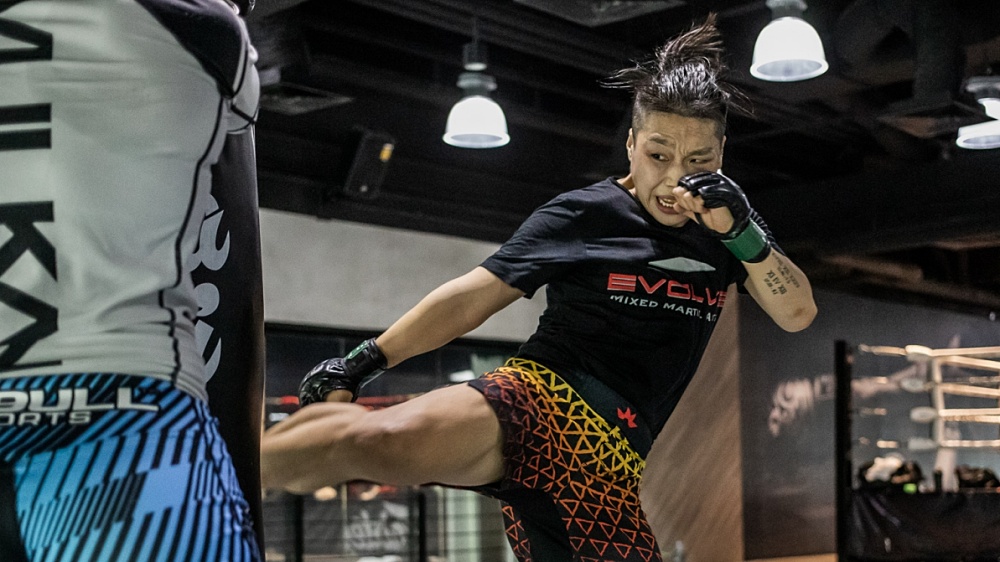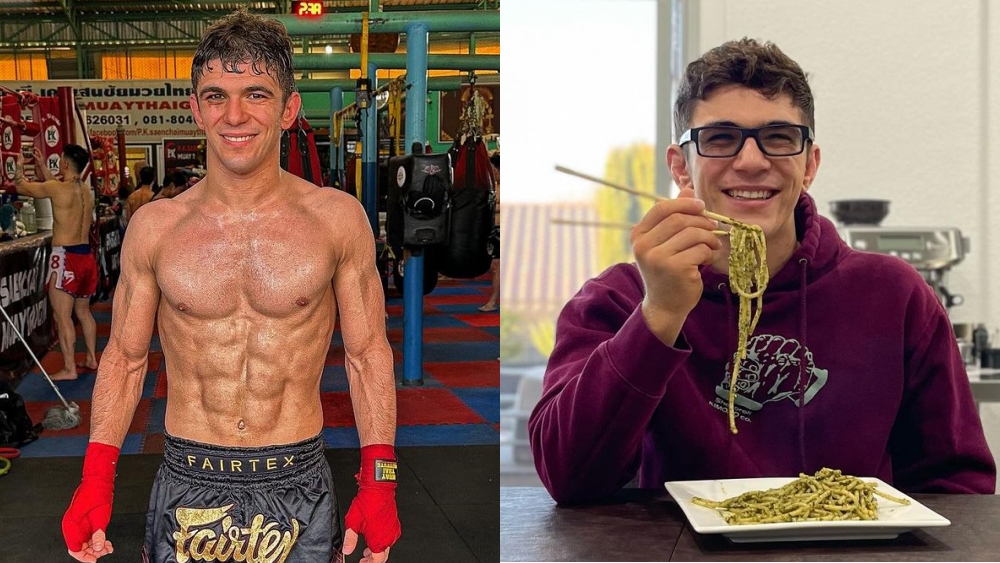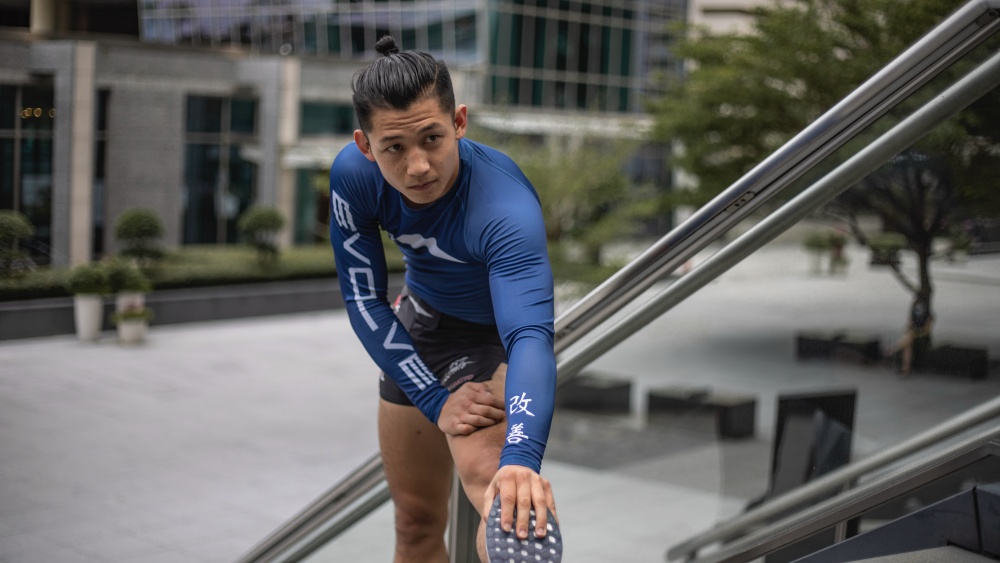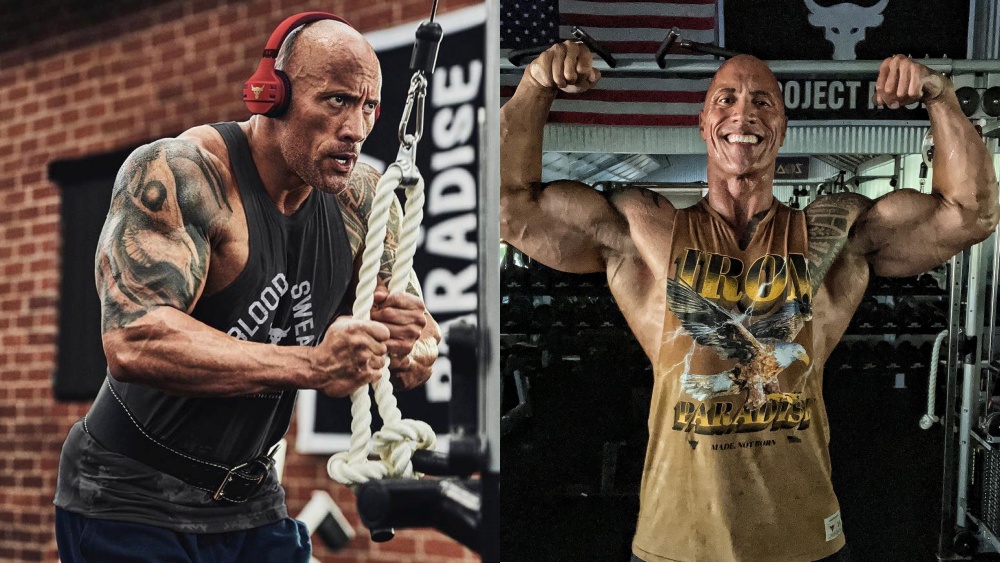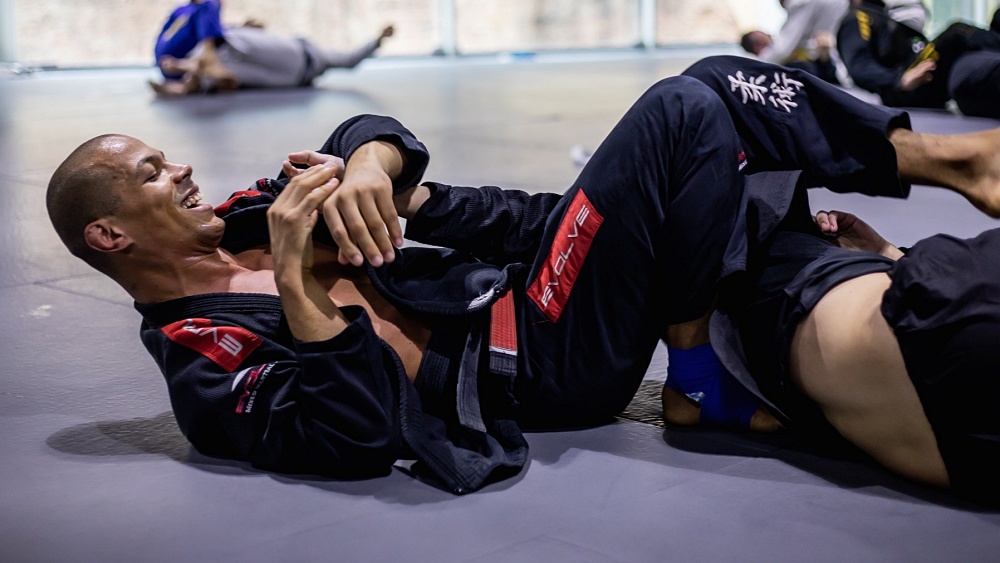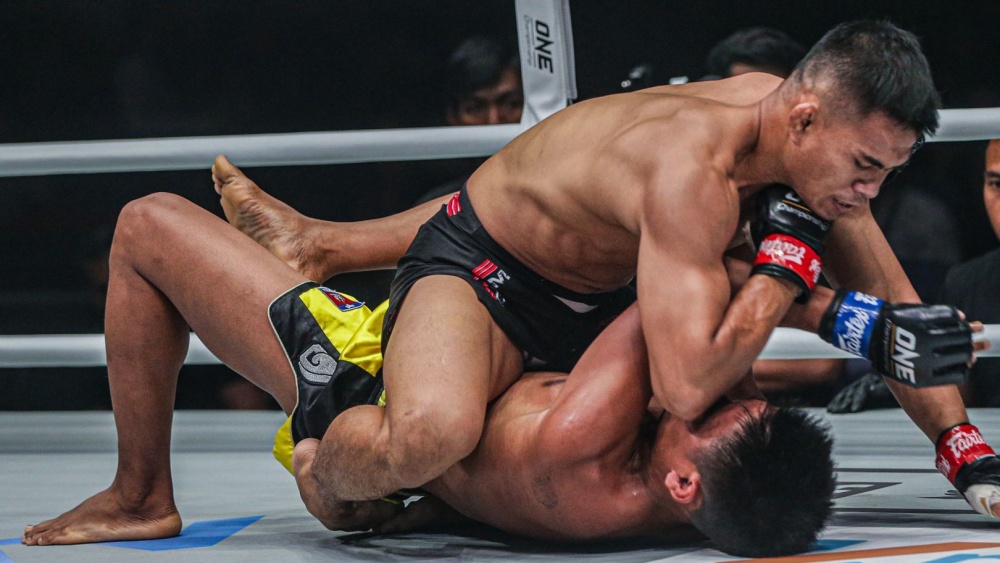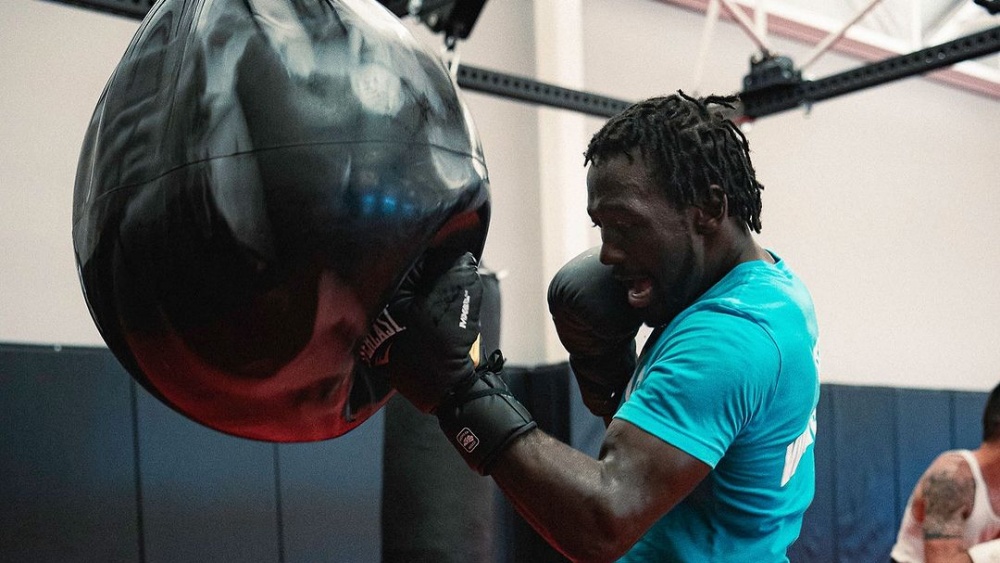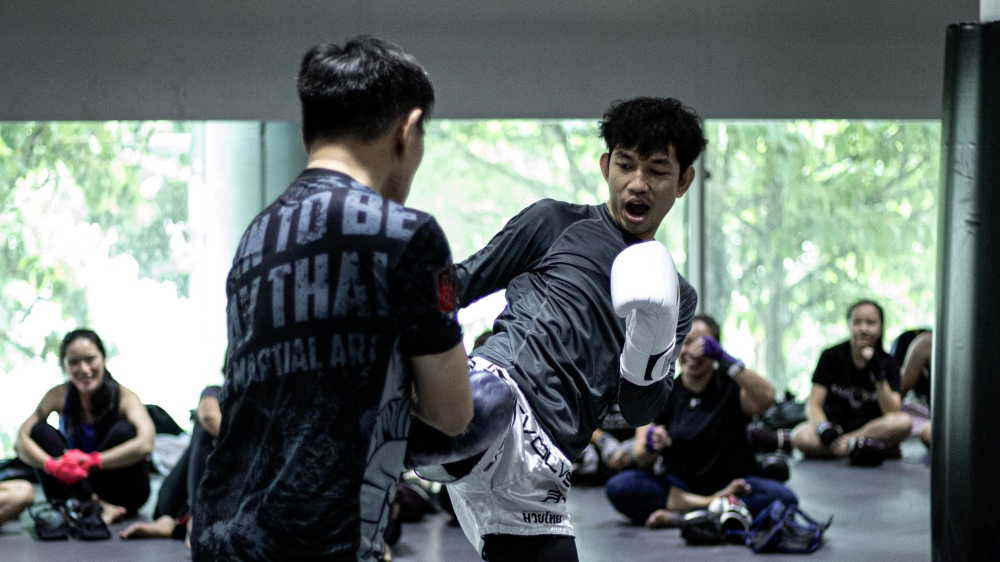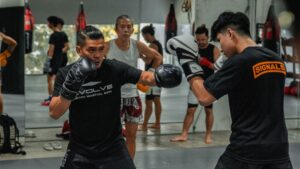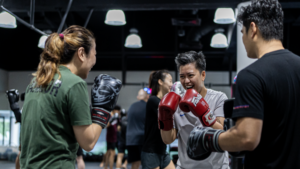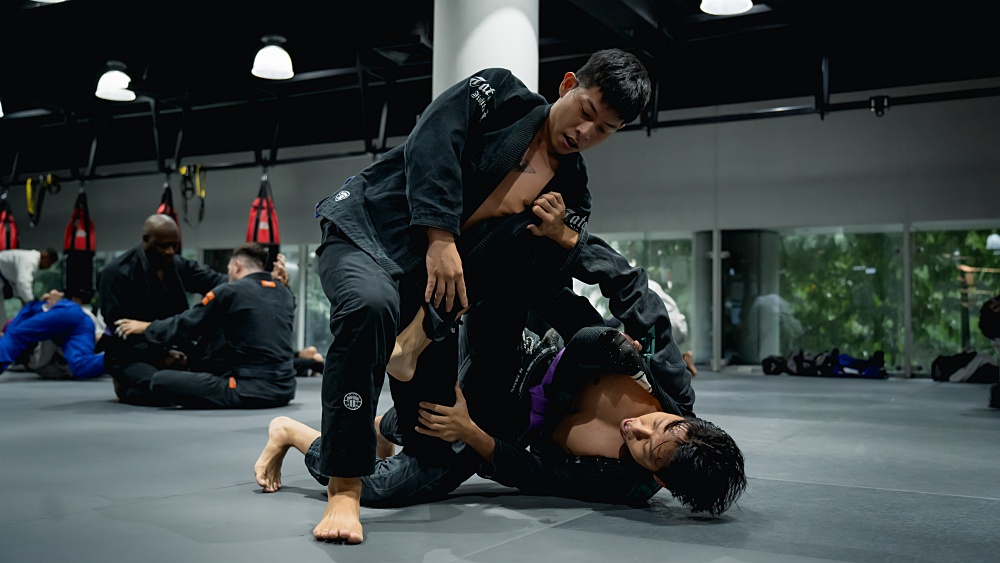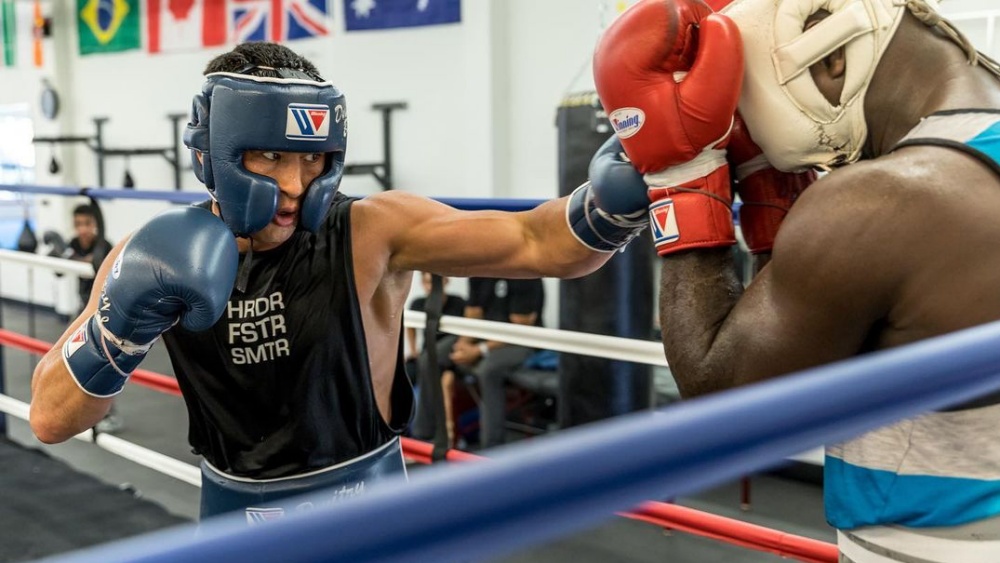Whether you’re a Brazilian Jiu-Jitsu grappler, a Muay Thai striker, or a Wrestler, you can definitely agree that martial arts is an exciting, empowering discipline that not only improves physical fitness but also cultivates mental toughness. But as any seasoned martial artist in Singapore will tell you, bumps, knocks and bruises are also a part of this demanding journey. It is here that innovative healthcare solutions like telemedicine come into play, providing an opportunity for immediate medical attention whenever required.
Telemedicine has grown tremendously in Singapore in recent years, with platforms like Doctor Anywhere leading the revolution. In a country known for its fast-paced lifestyle, the convenience, accessibility, and efficiency of telemedicine cannot be overstated. For martial artists, these digital health solutions can potentially offer immediate care and treatment.
The Emergence Of Telehealth
Telehealth, or telemedicine, refers to the remote delivery of healthcare services using telecommunication technology. It’s not a novel concept, but its adoption has skyrocketed due to advancements in technology and the post-pandemic shift to remote solutions.
Immediate Care For Illnesses
Aches and illness in martial arts can vary widely, from minor bruises to severe strains, muscle strain, or headaches. The critical aspect of treating these injuries is the ‘golden hour,’ the initial period after an injury can make a significant difference in recovery outcomes.
This is where telemedicine shines. Telemedicine connects you to licensed healthcare professionals within minutes, eliminating the need to travel or endure long waits in a clinic. You can communicate your symptoms, share images if necessary, and get an initial evaluation right from the comfort of your home or gym. This ability to access immediate medical attention can speed up the diagnosis process, enabling faster implementation of treatment or rehabilitation plans.
Guidance From Expert Health Professionals
Telemedicine as an industry provides not only immediate care but also access to a network of experienced healthcare professionals. It’s a crucial benefit for martial artists since managing sports injuries requires specialised knowledge.
Due to the growing nature of the industry, some of them even allow you to connect with physiotherapists, orthopaedic specialists, and other professionals experienced in sports-related injuries. These experts can provide guidance on treatment options, recovery timelines, and rehabilitation exercises. This personalised guidance can significantly speed up recovery times, helping martial artists return to the mats quicker and safer.
Pain Management Strategies
Managing pain can be a challenge for martial artists. Pain can impede movement, disrupt training routines, and, in some cases, can lead to chronic issues if not properly addressed.
Telehealth can facilitate consultations with pain management specialists who can provide advice on managing discomfort, whether it’s through medication, physiotherapy, or other therapeutic techniques. They can also monitor your progress over time, adjusting your pain management strategies as needed, all done remotely.
Rehabilitation Guidance
Aching and soreness after training is inevitable at times, and the rehabilitation process is vital for a safe return to martial arts. Customised rehabilitation programs can help restore strength, improve flexibility, and ensure proper healing. Physical therapists available on telehealth platforms can offer personalised guidance to martial artists throughout their rehabilitation. This is especially beneficial if you are unable to visit a healthcare facility frequently.
The Benefits Of Telemedicine In Martial Arts
While telemedicine offers distinct advantages for managing martial arts injuries, its benefits extend beyond this scope. Here are a few reasons why martial artists should consider integrating telemedicine into their health routines:
- Convenience: You can consult a healthcare professional from wherever you are, making it easier to seek medical advice even with a busy schedule. This is especially beneficial in Singapore, where high work demands and long working hours are common.
- Privacy: Some people may feel uncomfortable discussing their health issues in a traditional clinic setting. Telemedicine offers a private platform to discuss concerns and symptoms one-on-one with a healthcare provider.
- Preventive Care: Regular check-ups and consultations can be done via telemedicine, promoting early detection and prevention of potential health problems.
- Health Records Management: Telemedicine apps offer easy access to personal health records, making it simple to track your health progress or share important information with different healthcare providers.
Mental Health Support
Mental health is an often-overlooked aspect of recovery. Martial artists may face anxiety, depression, or loss of confidence following a string of losses. Telehealth services offer convenient access to mental health professionals who can help address these issues. By attending to mental health as part of recovery, martial artists can regain their confidence and return to training with a positive mindset.
Win-win
In conclusion, the symbiosis between telehealth and martial arts is a win-win. For the martial arts community in Singapore, telehealth platforms can provide an efficient and effective way to manage pain and overall health. Immediate access to healthcare professionals and rehabilitation programs, and the convenience of remote consultations are just some of the multifaceted benefits.
As we progress in the digital age, the adoption of telehealth solutions will continue to rise, transforming healthcare accessibility. By embracing these technologies, martial artists can ensure they receive prompt and appropriate care for any discomfort and illnesses, paving the way for quicker recovery and a safer training environment.
Telehealth is more than a trend; it’s a game-changer in the world of martial arts, reshaping the way we approach pain management and healthcare. In the words of Bruce Lee, “Adapt what is useful, reject what is useless, and add what is specifically your own.” It’s time to adapt to the age of telemedicine and telehealth.
You may also like:

